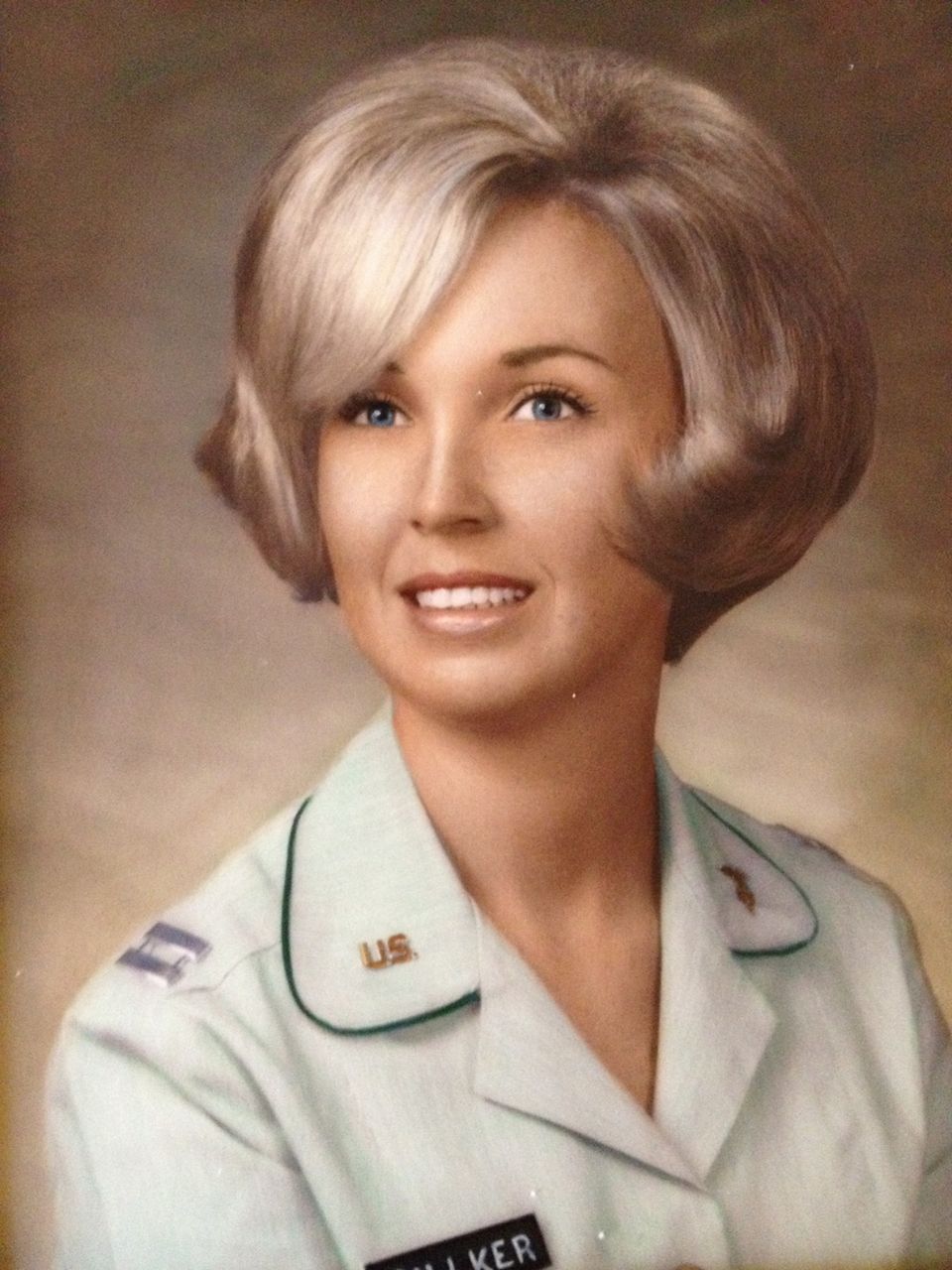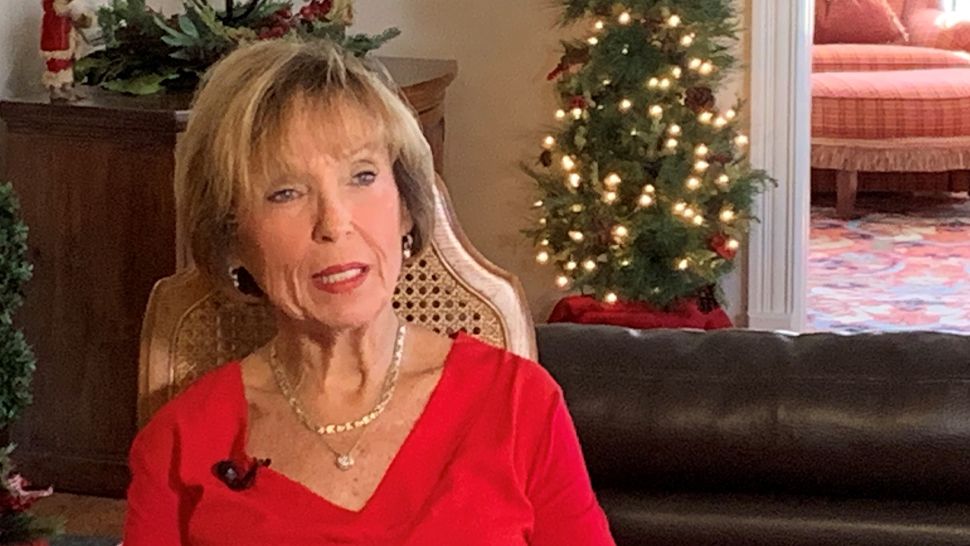LOUISVILLE, Ky. — The date was May 10, 1972. Then a captain in the Army Nurse Corps, Marj Graves was just two weeks away from returning to the United States from Vietnam when she was sent to a horrific accident.

"We got a call that a big Chinook helicopter had crashed. There were a group of four Chinooks that were taking soldiers that had been on the frontline and taking them for a three-day rest and recovery, they called it R&R, to a beach area in Vietnam called Vung Tau and it crashed right outside our hospital," Graves remembered.
There were no survivors. Thirty-four soldiers died in the crash, most of them under the age of 25.
"I was part of the team that had to identify and try to sift through charred, dismembered body parts to try to find wedding rings, dog tags, anything we could do to try to identify who these soldiers were," said Graves.
Graves took the memory of those soldiers home with her. But it wasn't something she talked about; it was a memory she kept close to her chest for many years.
"I locked all those memories in a suitcase and put the key away not to be reopened for many, many years," said Graves. "I'm proud and I just could not relate to anybody that I was vulnerable or that I was hurting."
She kept that suitcase of memories locked away until the late nineties when a project at work triggered flashbacks of that horrific scene from 1972. Haunted by the memories, sights, and smells of that day, Graves spiraled into a deep depression. She sought treatment but sunk into a dark place when nothing seemed to be getting better.
"The ghost of these young men kept coming in my sleep, coming in my person," Graves recalled.
Graves said she started having suicide ideations and, for a week, she contemplated various ways she could end her life. She said it was something she hid well; each day her husband would come home from work and she would make dinner as nothing had ever happened. No one knew the depth of her inner turmoil.
By the end of the week, Graves found herself standing near a ledge several floors up on what was then Suburban Hospital in Louisville.
"I took 18 Ambien in my hand, threw them down my throat, chased it with Diet Coke, and thought, 'What the hell am I doing? I want to live,'" said Graves.
Fortunately, Graves survived. She ran into the hospital and flagged down some employees who got her the lifesaving help she needed.
Little by little, Graves began to unpack the suitcase she'd carried for years. She now shares her struggle with PTSD to help other veterans carrying invisible wounds.

"Once I started speaking and I opened up, my life has never been the same," Graves said. "I'm extremely thankful that I was not successful."
One veteran and active duty service member die by suicide nearly every half hour of every day and, according to the Department of Defense, military suicides have increased by as much as 20% during the COVID-19 pandemic.
Graves encourages any veterans who are struggling to reach out for help and to permit themselves to unpack their suitcases of memories, like the one she kept hidden for years.
"Why are we so proud that we can't ask for help and let people know that we are dying inside? You know, don't die inside and then die period because suicide is your option because suicide is not an option," Graves said.
Graves believes what helped her the most was going through counseling at the Louisville Vet Center. It's run by the VA, and the counselors they set clients up with have been in the same war or conflict as the individuals seeking therapy. Graves met with a two-tour Vietnam Veteran and said being able to talk to someone who could relate to her experiences made all the difference in her recovery.
If you are a Veteran in crisis or know one who is struggling, you can call the Veterans Crisis Line anytime by dialing 800-273-8255 and press 1. You can also get help by texting 838255.
The National Suicide Prevention Lifeline is another resource that is available 24/7. You can speak with a counselor by calling 800-273-8255.



